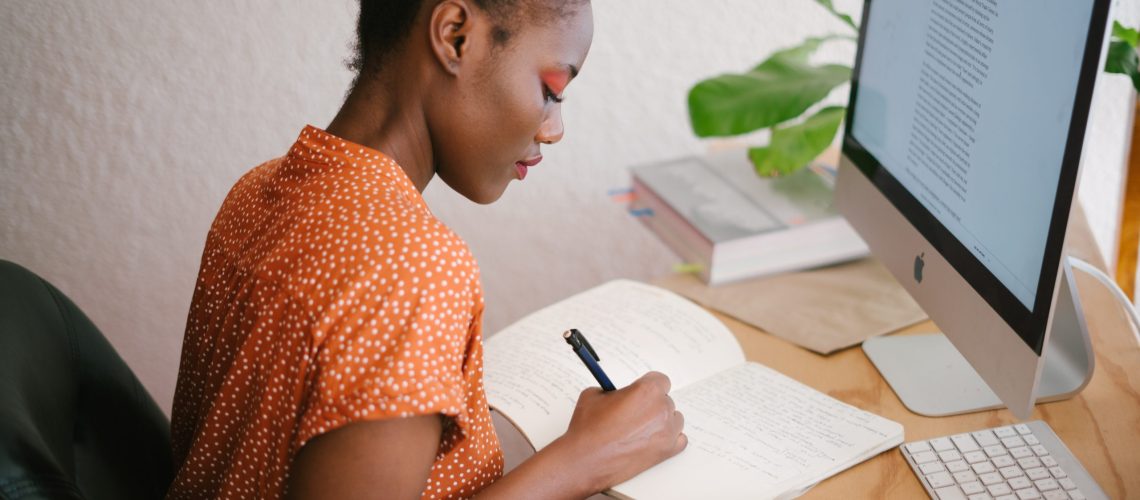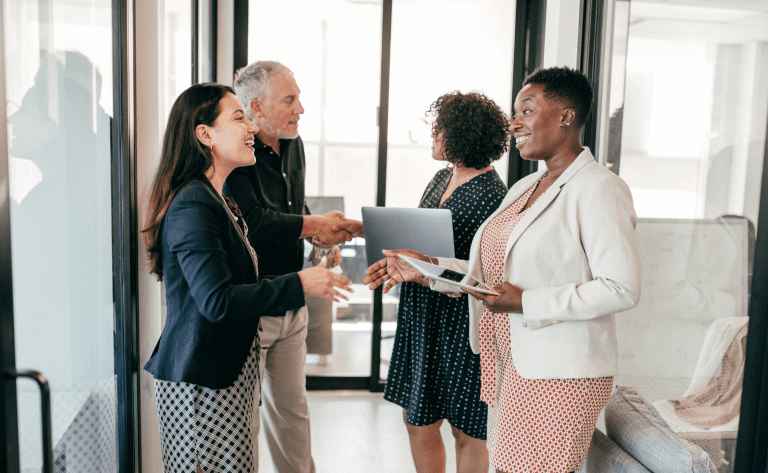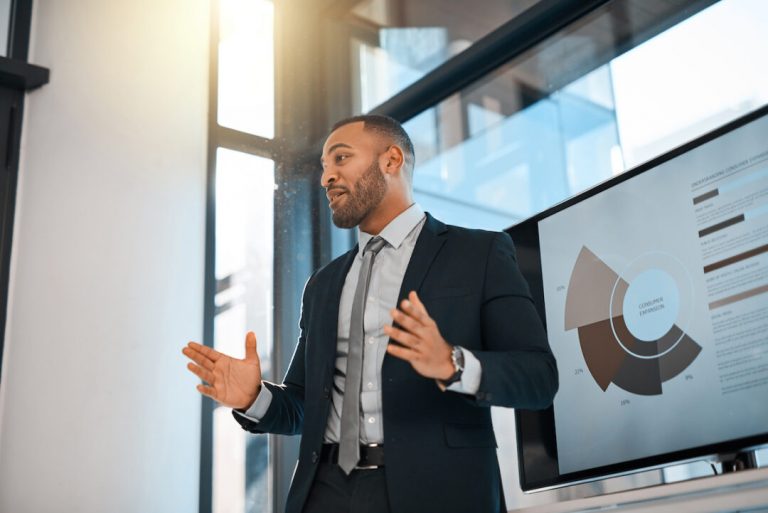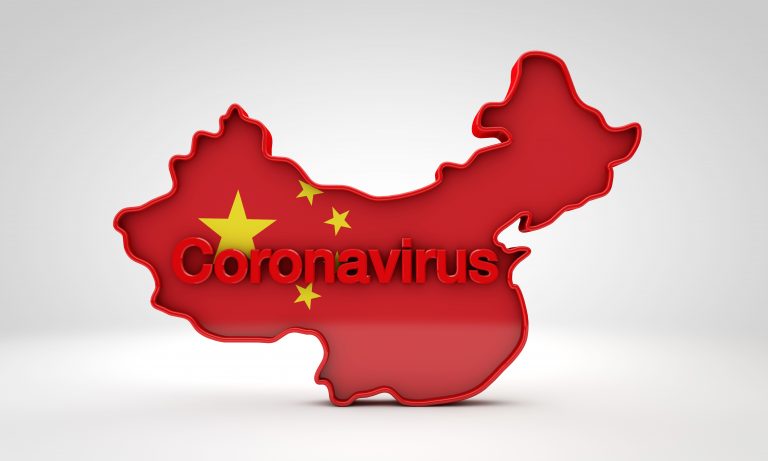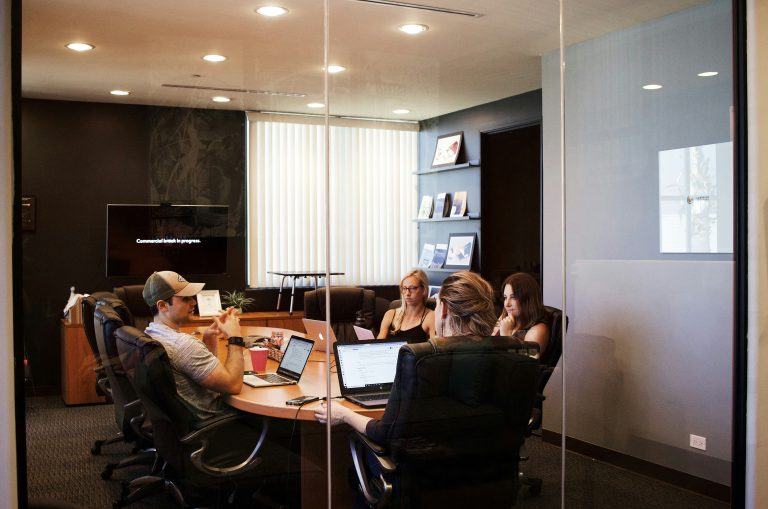With around a third of the world reportedly under some form of government-imposed lockdown due to COVID-19, anyone who can work remotely has swapped the daily commute and city views with a home-based office space, often already occupied by children and pets. Conference call participants have become used to seeing spiderman building lego on the floor or a disinterested cat sauntering across a keyboard. But the stress of being isolated is also beginning to take its toll. Humans by their nature are social beings. Isolation is difficult under normal circumstances but even more so when we are counting the daily human and economic cost of this pandemic.
For many remote workers, the workload has increased as a result of COVID-19 impacts and time is even more limited than before. For others, work has provided a welcome relief from the loneliness that comes from having to keep a social distance. For everyone, the stress of this pandemic can bubble to the surface, leaving us wondering about its personal implications and if life as we know it will return, sooner or later. For business and team leaders, managing this stress has become a business imperative.
To combat the detrimental effects of the stress caused by COVID-19 on employee health and wellbeing, Baker McKenzie in Johannesburg is using an innovative health and wellbeing programme developed by an internationally recognised health and performance educator and consultant Richard Sutton. Even before COVID-19 began its global journey of destruction, we recognised the importance of implementing workplace health and wellbeing initiatives and committed to creating a culture that supported and encouraged employees to build resilience to the harmful effects of modern workplace stress.
Sutton, who has advised top athletes and Olympic teams, created a tailor-made health and wellbeing resilience programme for the firm that aimed to enhance overall employee well-being, help in the management of a variety of mental health and general wellbeing issues, and build employee resistance to the adverse effects of stress.
Employees are using Sutton’s online tool to manage the detrimental effects of stress brought on by the personal impacts of COVID-19. The tool includes a tailor-made Baker McKenzie Stress Code app, designed to promote and maintain positive lifestyle changes and facilitate successful stress management. Information on rebuilding and repairing the brain and body, as well as a section entitled “health hacks” are included in the app.
Regular health and wellness podcasts, specifically recorded for Baker McKenzie by Sutton, have been produced for the firm’s employees, offering guidance and advice on dealing with key COVID-19 stressors. The podcasts also focus on performance augmentation (specifically in the area of cognition and behaviour) and are regularly updated and available for employees to access online when they are needed. Issues such as immune strengthening activities, nutrition and supplementation are also covered in the podcast. At a time when grocery shopping is not as easy as it once was, the podcasts share advice on healthy immune boosting homemade snacks that don’t require many fresh ingredients. Exercise routines are also available, with sessions on ways to keep fit and healthy at home during the weeks of isolation.
We have also implemented weekly yoga classes via the Zoom online app, continuing on from the regular lessons that took place in the new office gym before the lockdown began. In addition to this, our employees can participate in online Zumba classes – aimed at keeping our teams connected, fit and healthy during the weeks of isolation.
Maintaining employee cohesion at a time when no one is in the same building is also difficult, and as such, Baker McKenzie has implemented team building initiatives via group video calls, including regular townhall meetings, quiz nights, dress up days and challenges and activities to keep our teams focused, unified and motivated.
The world is changing but humans are adaptable. With the right tools and a focus on mental health and wellbeing, work is able to continue at full speed in cohesive teams, through the lockdown period and beyond. For now, pyjama days and bring your child/pet to work initiatives are everyday occurrences, and it could just be that, alongside the more formal wellbeing programmes, it is our shared humanity that provides us with the relief we need to be able to cope during this stressful time.
Morne van der Merwe is a Managing Partner at Baker McKenzie, Johannesburg.

